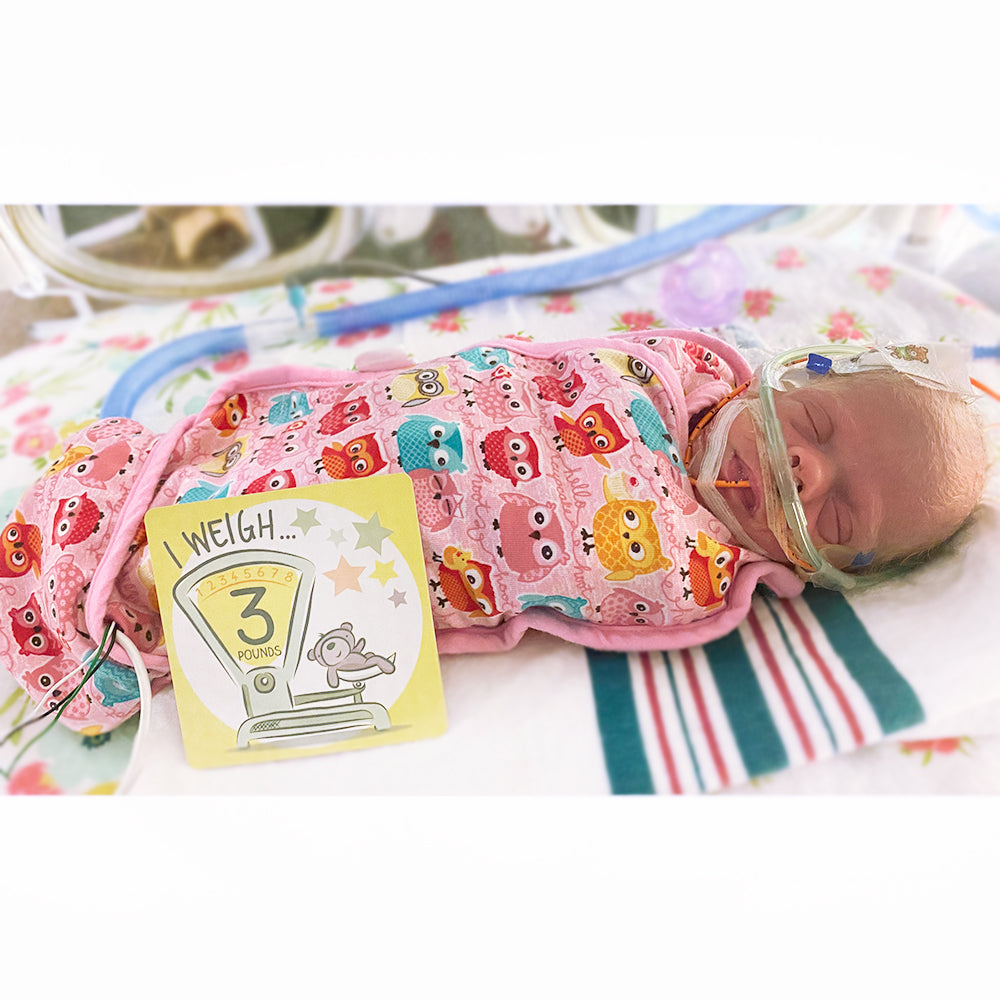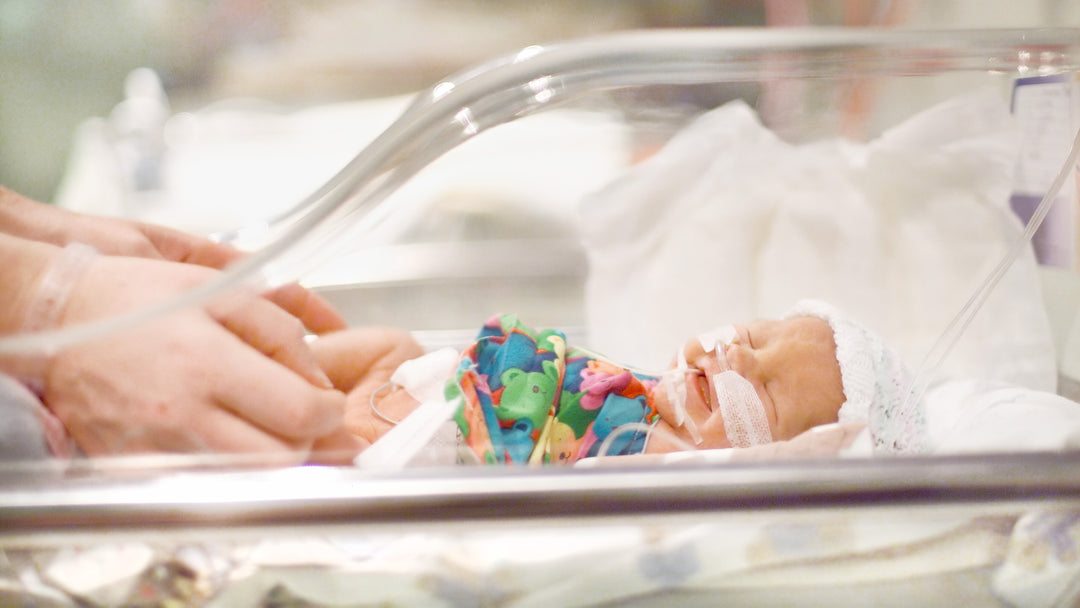10 Things Every Preemie Parent Should Know.
As a parent of a preemie, you are likely facing a range of challenges and emotions. It can be a difficult and stressful time, but it's important to remember that preemies can go on to lead healthy, happy lives with the right care and support. Here are 10 things every parent of a preemie should know:
-
Preemies may have medical challenges that require extra attention and care. This can include respiratory problems, jaundice, and low blood sugar, among others. It's important to work closely with your healthcare team to ensure your preemie is getting the care they need. It can be overwhelming to navigate all of the medical equipment and interventions, but try to stay informed and ask questions. It's also important to advocate for your preemie's care and speak up if you have concerns.
-
Preemies may have developmental delays and may not reach milestones at the same age as full-term babies. This can include things like rolling over, sitting up, and speaking. It's important to be patient and work with your healthcare team to help your preemie reach their milestones. Developmental delays are common in preemies, but with the right support, your child can catch up and reach their full potential.
-
Preemies may have feeding difficulties and may need to be fed through a tube or receive extra nutrition. It can be difficult to see your child struggling to feed, but it's important to work with your healthcare team to develop a feeding plan that meets your preemie's needs. This may involve using a feeding tube, receiving nutrition through an IV, or trying different feeding techniques. It's also important to be patient and give your child time to learn how to feed and grow.
-
Preemies may have trouble regulating their body temperature and may need to be kept warm in an incubator. This can be a difficult adjustment for parents, but it's important to remember that the incubator is helping to keep your preemie healthy. It can be hard to be separated from your child, but try to make the most of your time together. You can talk to your preemie, touch and hold them, and even read or sing to them.
-
Preemies may be more prone to infection and may need to be given antibiotics or other medications. It's important to follow your healthcare team's instructions and give your preemie the medications they need to stay healthy. It can be daunting to keep track of all of the medications and dosages, but try to stay organized and ask for help if you need it.
-
Preemies may experience developmental delays in physical, cognitive, and social areas. This can be frustrating, but it's important to remember that every child develops at their own pace. Preemies may take longer to reach milestones like rolling over, sitting up, and walking. They may also have trouble with fine motor skills, such as grasping and holding objects. It's important to be patient and work with your healthcare team to help your child catch up.
-
Preemies may need physical therapy to help them catch up with their peers. Physical therapy can help improve your preemie's strength, coordination, and mobility. Your child's physical therapist will work with you to develop a treatment plan and may use techniques like stretching, massaging, and exercises to help your child reach their goals.
-
Preemies may be at higher risk for certain health problems later in life, such as cerebral palsy, vision or hearing loss, and learning disabilities. While this can be scary, it's important to remember that many preemies go on to live healthy, happy lives. It's important to work with your healthcare team to identify any potential problems and get your child the support they need. This may involve working with specialists, such as a developmental pediatrician or an occupational therapist.
-
-
Parents of preemies may experience a range of emotions, including guilt, sadness, and anxiety. It's important to remember that it's normal to feel this way and that you are not alone. Many parents of preemies feel overwhelmed and anxious, especially during their child's hospital stay. It's important to seek support and take care of your own emotional well-being. This can involve talking to a therapist, joining a support group, or seeking support from friends and family.
-
Preemies can go on to lead healthy, happy lives with the right care and support. With patience, persistence, and the help of your healthcare team, you can give your preemie the best possible start in life. It's important to stay positive and focus on the progress your child is making, even if it's slow. Remember to celebrate your child's achievements, no matter how small they may seem.
As a parent of a preemie, it's important to be patient and stay positive. It can be a challenging and overwhelming time, but with the right care and support, your child can go on to lead a healthy, happy life. Don't be afraid to seek help and support when you need it, and remember to take care of your own emotional well-being. You are your child's biggest advocate, and with your love and support, they can overcome any obstacle.
-








